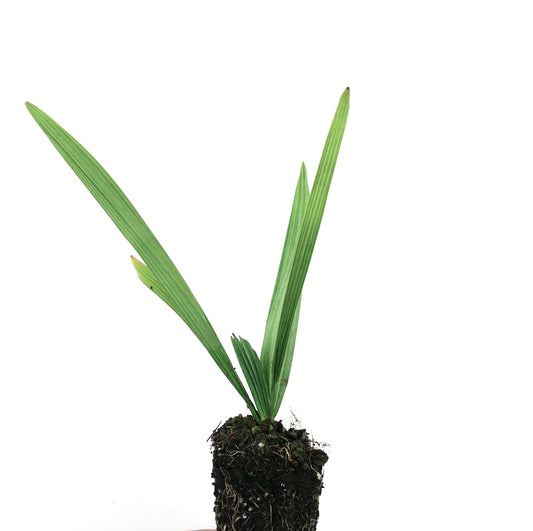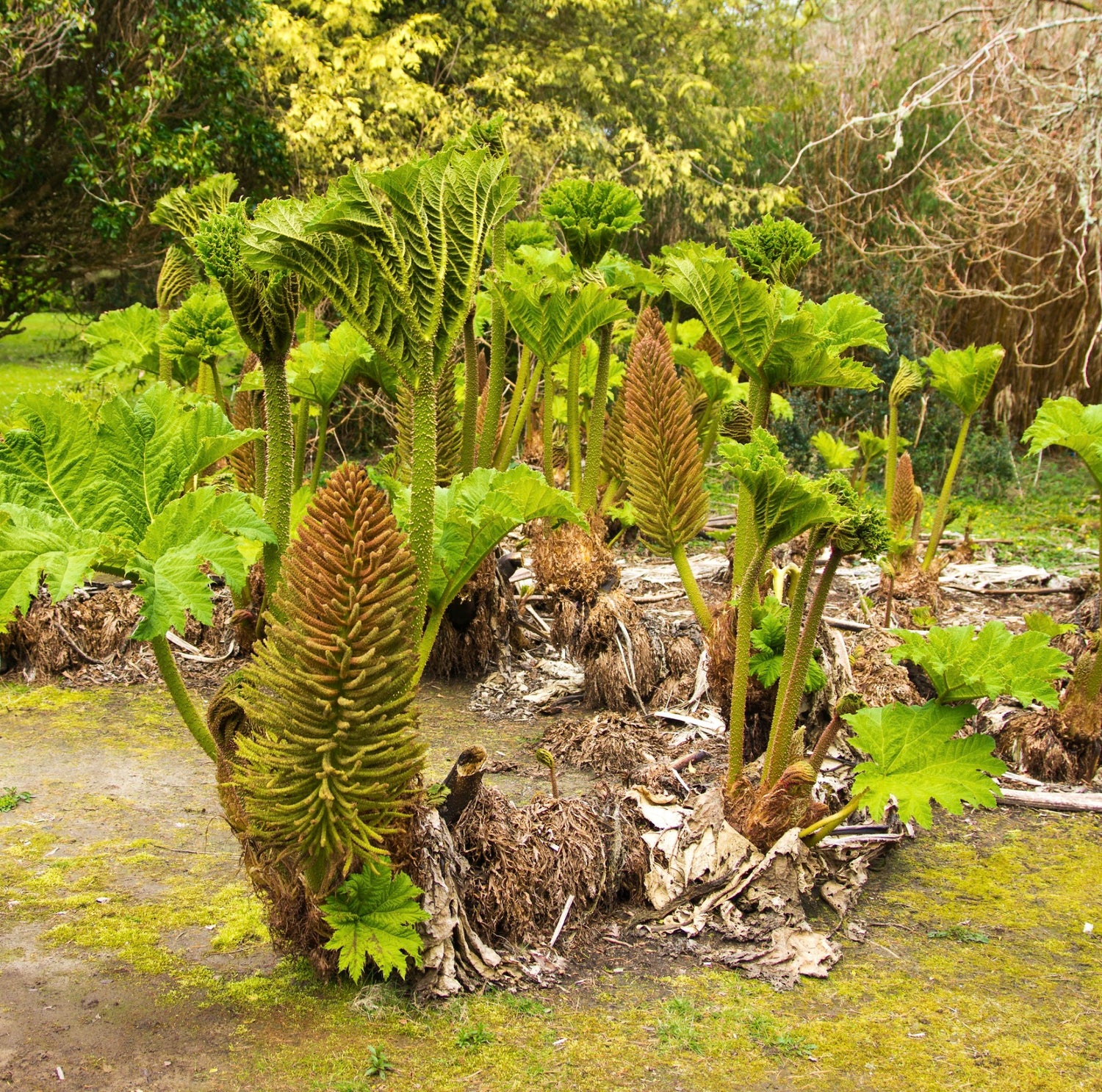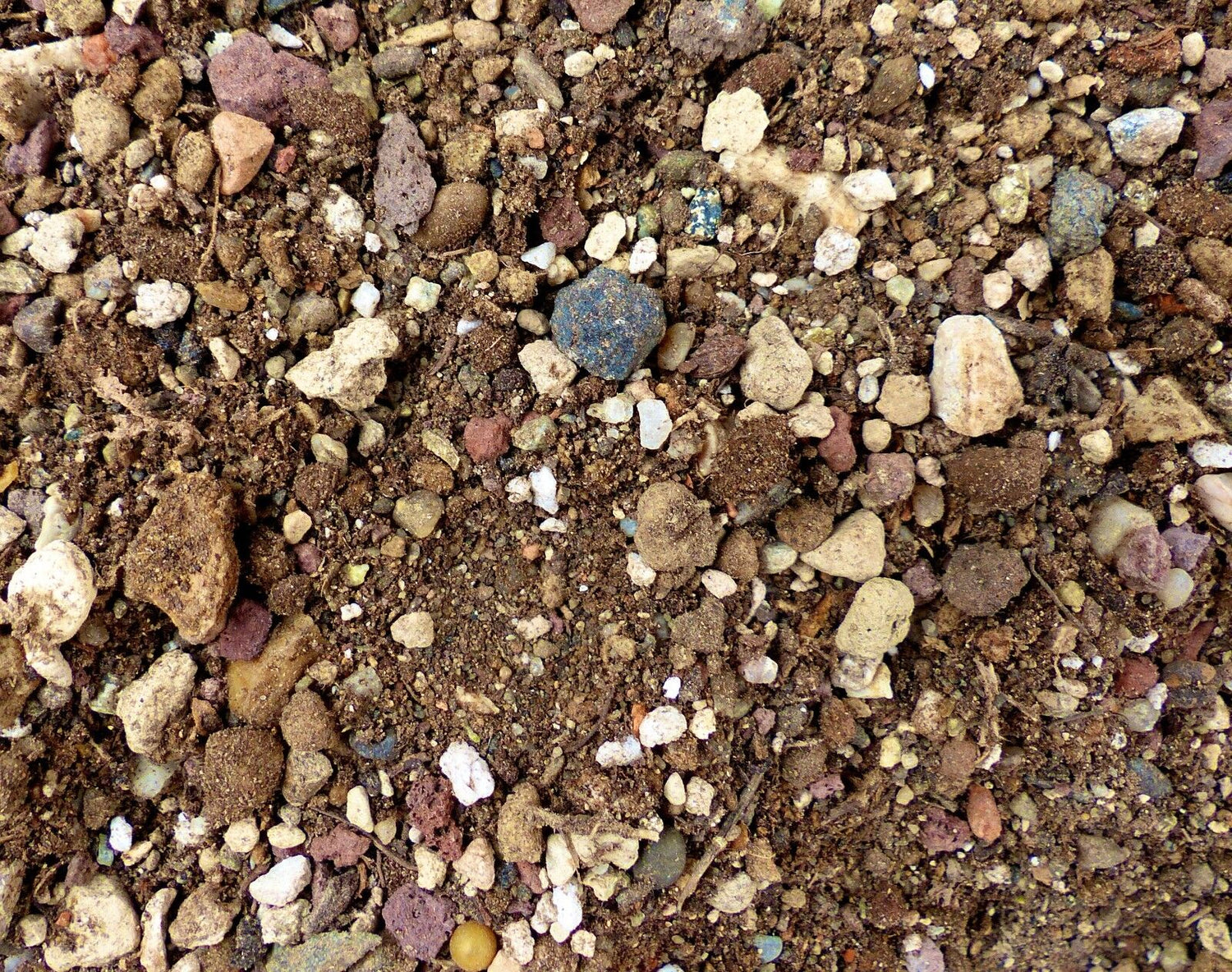Collection: Sabal
Sabal: The Hardy and Versatile Genus of Palms
Understanding the Sabal Genus
The Sabal genus consists of hardy, fan-leaved palm trees known for their resilience and adaptability. These palms are native to warm climates and are widely used for landscaping, environmental restoration, and traditional medicine.
Key Features of Sabal Palms
Among the most notable species are Sabal palmetto, Sabal minor, and Sabal mexicana, all characterized by their large, fan-shaped leaves and strong trunks. These palms thrive in coastal and subtropical environments, offering drought tolerance and salt resistance.
Growing and Caring for Sabal Palms
Sabal palms require well-drained soil, full sun exposure, and minimal watering. They are low-maintenance and can endure high winds, poor soils, and occasional flooding. These qualities make them a preferred choice for urban landscaping and coastal regions.
Uses and Benefits of Sabal Plants
Beyond their decorative appeal, some Sabal species have been traditionally used for herbal medicine, particularly for hair and scalp health. The fibers and leaves of these palms have also been historically used in weaving and construction.

 Sold out
Sold out







